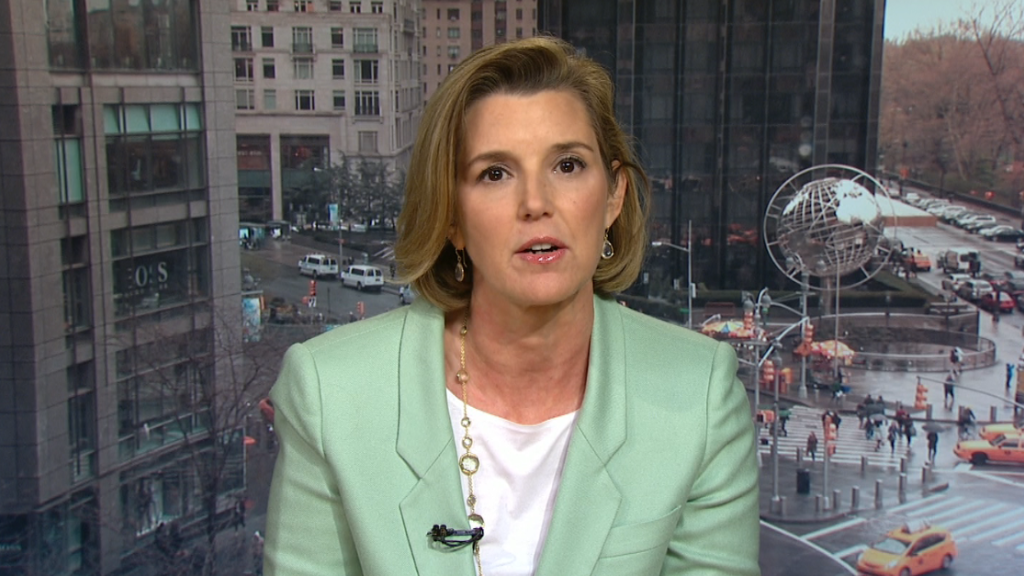
Ever since allegations against Harvey Weinstein rocked Hollywood in October, the backlash against workplace harassers has swept across many different industries.
But the problem doesn't end when a single harasser is removed. Harassment is about power dynamics -- and in many jobs, money equals power.
The Equal Employment Opportunity Commission, the federal agency in charge of enforcing civil rights laws, identified "significant power disparities" in a workplace as one of the risk factors for harassment.
But it's also a recipe for pay disparity.
Related: What happens when women know what other women make
Women, on average, earn around 80 cents for every dollar a man makes. The gap is even wider for African American and Hispanic women.
Harassment can contribute to the wage gap in a couple different ways, according to Ariane Hegewisch, study director at the Institute for Women's Policy Research. For starters, abusive behavior can create "occupational segregation" that forces women out of certain industries, decreasing women's overall earnings. Some women may then gravitate to "safer" female-dominated fields (in jobs that historically earn less than positions in male-dominated careers).
"It seems like hostile work environment is part of that," Hegewisch says. "It's kind of a barrier to women being in those occupations, choosing those or staying in them, and therefore given that occupational segregation has such a big impact on how much you can earn, it has a big impact on the wage gap."
Related: How to research company culture -- before you take the job
Harassing environments can also cause women's productivity to suffer, Hegewisch says.
"If it's severe harassment, it can lead to people being off work more, or disengaging from work ... and it also may lead you to leave your job," she says.
While that could contribute to the old-fashioned notion that women are paid less because they simply "don't work as much" as men, the wage gap also reinforces that idea.
"CEOs should enforce equal pay because continuing to pay us less perpetuates a bias that women are inferior," actress Olivia Munn wrote in an essay for Entertainment Weekly.
Take an industry like finance, for example. Even after enormous gains for female industry leaders, women still make less than their male counterparts -- and that disparity continues contributing to a culture of inequality, says journalist Susan Antilla, whose book "Tales From the Boom-Boom Room" details landmark sexual harassment cases on Wall Street.
"As long as women are making a fraction of what men are making -- in whatever industry -- they're always going to be in the less powerful position," Antilla says. "I know everybody is exhausted covering [sexual harassment], but it's so linked. And I don't think you make progress until women are making what men are making."
Tell us about the conversations you've had about sexual harassment. Share your response here and your response could be featured in an upcoming story on CNNMoney.
